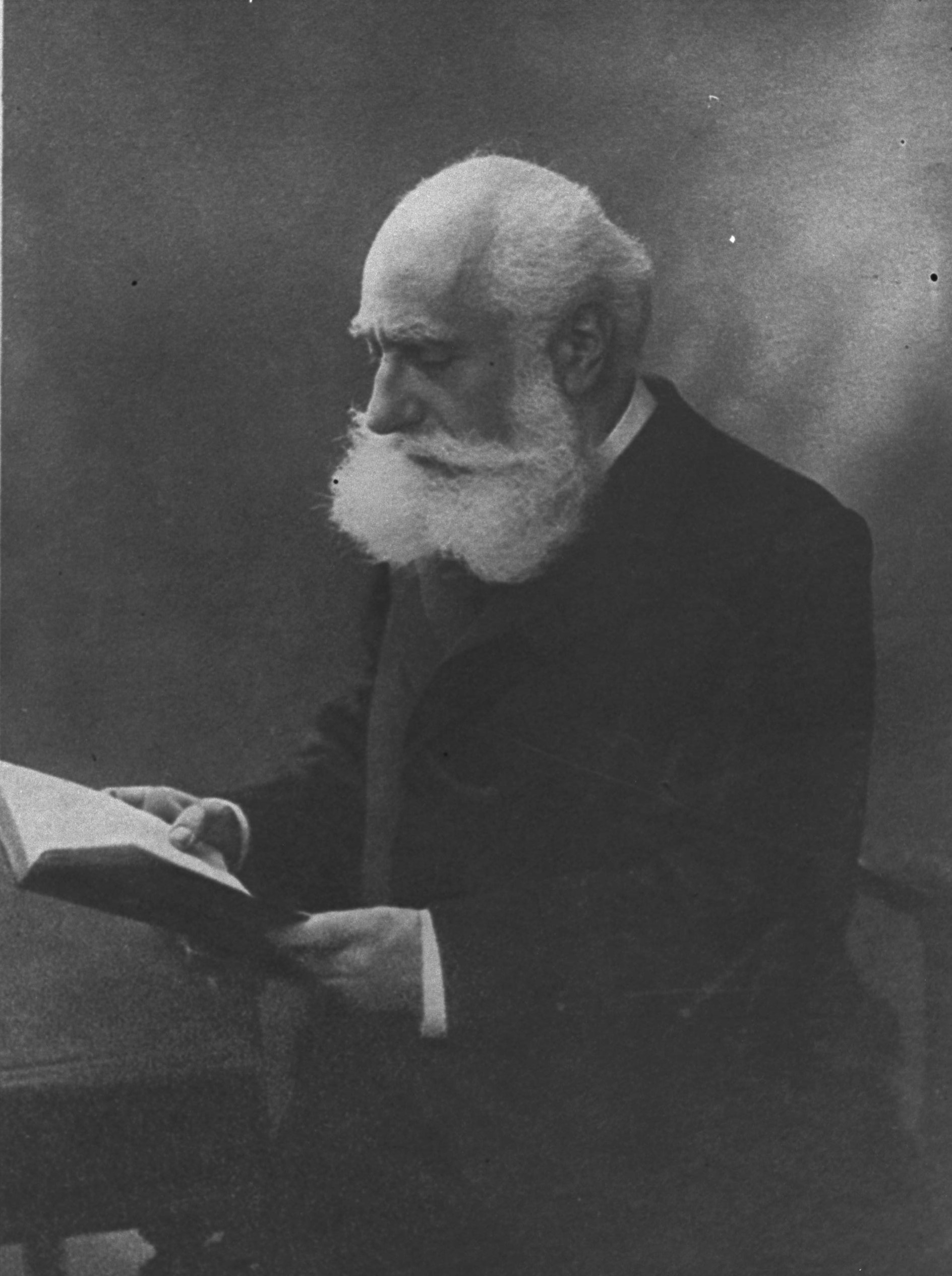
July 29, 1849
Max Nordau was born Simon Maximilian Sudfeld in Pest, Hungary to an Orthodox Jewish family. His father Gabriel Sudfeld was an Orthodox rabbi and teacher who came from a long line of scholars, rabbis and community leaders. Nordau broke with his Orthodox background when he moved to Berlin and changed his name. Nordau would earn a medical degree, work as a journalist and became a prominent social theorist and devout Zionist leader.
Nordau’s interest in Zionism emerged from contemporary events and political currents. During the Dreyfus Trial, Nordau worked to expose the anti-Semitism affecting European Jewish communities. He was drawn to Baron Hirsch’s plan to create Jewish agricultural settlements across the world. However, Nordau’s most notable contribution to early Zionism was The Basel Plan – the first official blueprint for the establishment of a Jewish State in Palestine. Speaking at the opening session of the First Zionist Congress, Nordau highlighted the distress of Eastern European Jews and argued that even in nations where Jews had been emancipated, they were still not accepted. In his words, “The majority of the Jews are a race of accursed beggars.” To reverse this perception, he advocated physical training and the creation of a new “Jewry of Muscle.”
Following the death of Theodor Herzl in 1904, Nordau presided over the 7th-10th Zionist Congresses but refused to either assume the leadership of the World Zionist Organization or serve as an official member of the leadership board. For the next two decades, he fought for Jewish immigration into the British-occupied Palestine. He died in 1923, and was buried in Paris. In 1926, His remains were moved to Tel Aviv.
